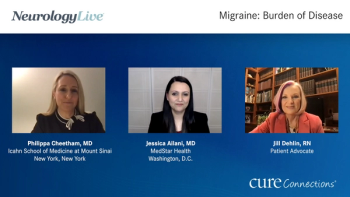
The Migraine Patient Journey: Episodic Migraine and CGRP Inhibitors


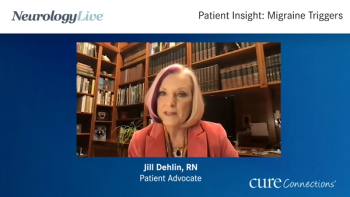

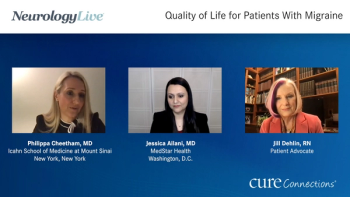
Philippa Cheetham, MD, and Jill Dehlin, RN, comment on the severity of migraine attacks and concerns that migraines may trigger more series events.

A panel of healthcare professionals and patient advocates with migraine recognize the social stigma associated with the condition despite its prevalence in the community.
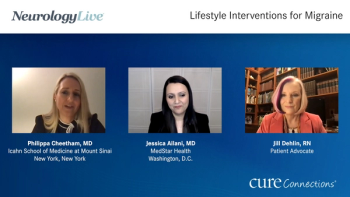
Recommendations for incorporating and adhering to lifestyle interventions that can help prevent migraine or reduce the severity of attacks.

Types of foods and weather conditions that may trigger migraine attacks.
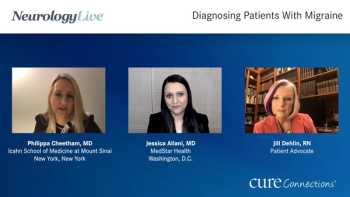
Jessica Ailani, MD, describes her approach to evaluating new patients for migraine and explains how her diagnostic work-up can impact her recommendations for treatment.

Neurologist Jessica Ailani, MD, explains when she feels it is most appropriate to treat migraine more aggressively with prescription drugs versus with lifestyle intervention.

Limitations, in terms of safety and efficacy, of older conventional therapies used to treat migraine.

Variables that neurologists and other healthcare professionals need to consider when selecting an appropriate prescription therapy for migraine, and recommendations by a patient advocate on staying adherent to therapy and predicting attacks.

Jessica Ailani, MD, a neurologist from MedStar Health, shares insight on best practices for dosing therapies used to treat migraine and implications for combining drugs together.

Jill Dehlin, RN, a patient with migraine, talks about her experience receiving a subcutaneous injectable CGRP inhibitor, and neurologist Jessica Ailani, MD, explains what she counsels her patients on when prescribing a newer injectable treatment.

Jessica Ailani, MD, of MedStar Health, describes the mechanisms of action and indications for use of currently available CGRP inhibitors for migraine.

The potential connection between risk of dementia in patients treated with triptans for migraine as compared to the safety profiles of newer CGRP monoclonal antibodies.
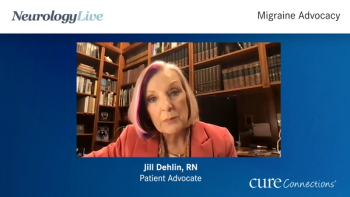
Jill Dehlin, RN, describes her role as an advocate in supporting others with migraine and connecting them to the support and resources needed to best manage their condition.
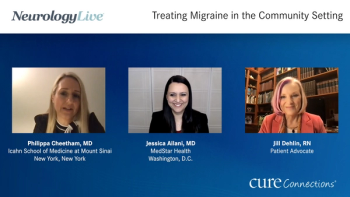
Advice to community neurologists and other care providers who may treat patients with migraine in the community setting on incorporating newer therapies, such as CGRP inhibitors, into practice, and a list of reputable resources where patients can turn for additional support.

A patient advocate, Jill Dehlin, RN, explains why patients with migraine should connect with other patients via patient support programs and take a proactive role in managing their condition.

Current hurdles faced by neurologists when prescribing therapy to treat migraine and advice to help other healthcare professionals as well as patients navigate insurance and access issues.
